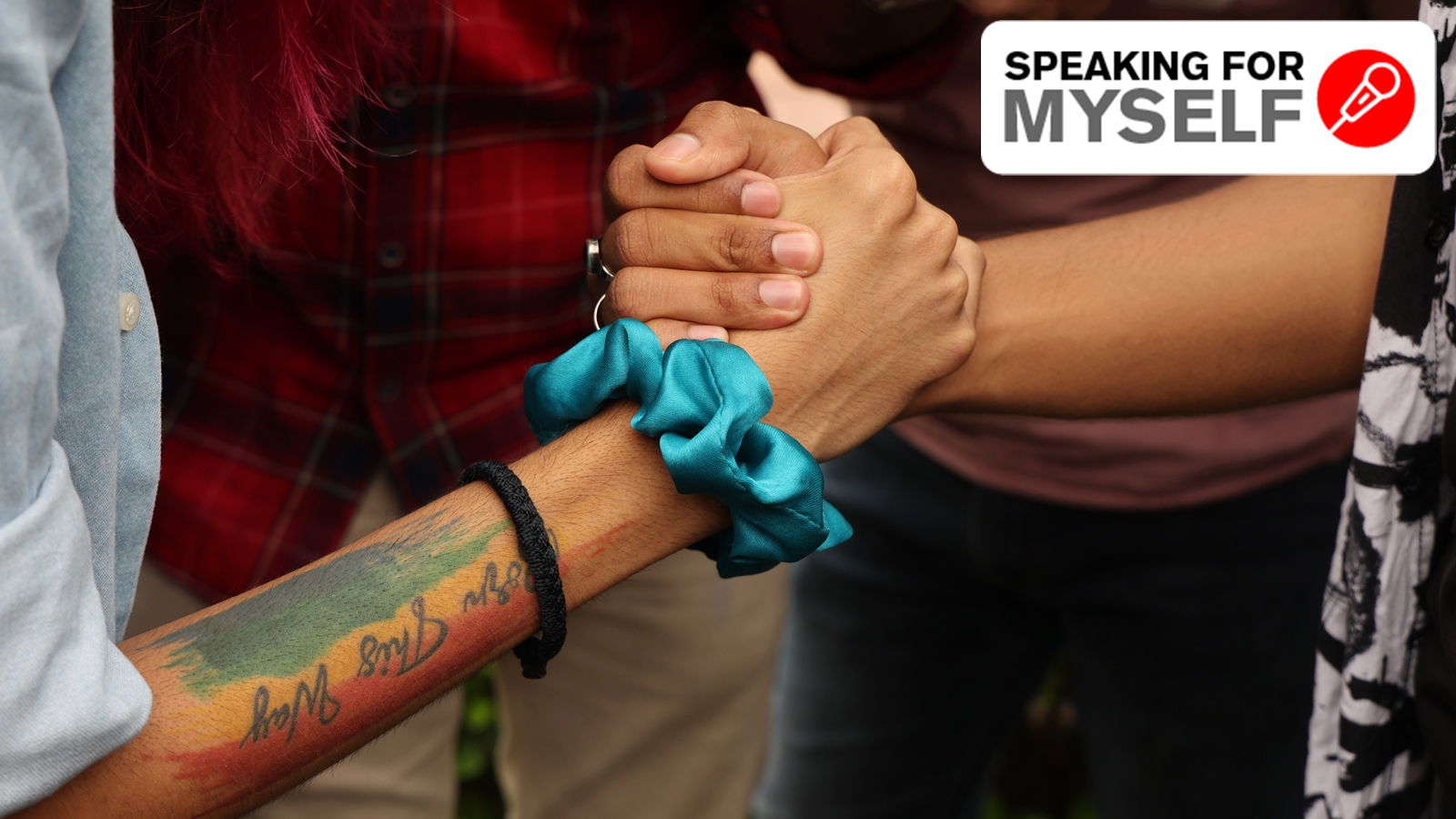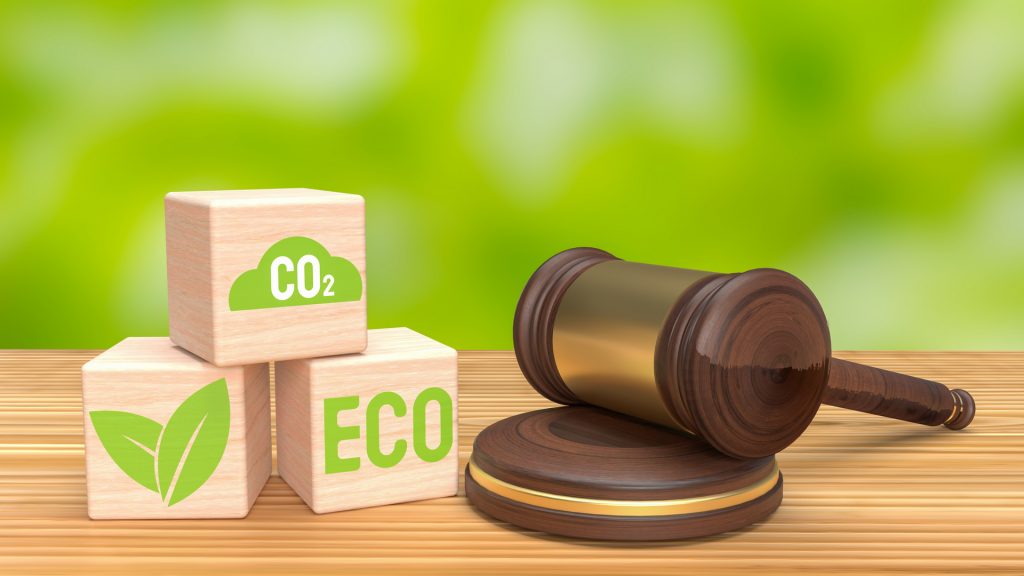Written by Chittajit Mitra
Finally, the much-awaited verdict around marriage equality has been pronounced by the five-judge bench of the Supreme Court consisting of Chief Justice of India D Y Chandrachud and Justices Sanjay Kishan Kaul, S Ravindra Bhat, Hima Kohli and P S Narasimha. The Court refused to recognise queer marriages and even civil unions in the majority judgement. About 20 petitions were filed by several individuals from the LGBTQIA+ community seeking recognition of queer marriages under the Special Marriage Act 1954, Hindu Marriage Act, 1955 and Foreign Marriage Act, 1969. The SC decided to hear this matter despite vociferous opposition from the central government , which described this issue as “urban” and “elitist”. This was rightly opposed by the petitioners as well as the Court in its judgment. Subsequently, the scope of the hearing was narrowed down to just the Special Marriage Act. At a later stage, the CJI asked Solicitor General Tushar Mehta whether the government would be interested in constituting a committee to discuss granting certain rights to queer couples so that they can avail financial benefits without getting marital recognition. This was agreed upon by the state. The judgment calls for the creation of said committee but fails to set a timeframe to implement its recommendation or other details of how it is to be constituted.
On adoption too, the majority judgment took the executive stand of not allowing queer couples to adopt. It then went on to recycle the progressive observations made in Navtej Johar v Union of India, NALSA and several other judgments which seemed like a failed attempt to give some weightage to an otherwise empty verdict. They covered the marriage rights of transgender people in heterosexual relationships, the right of queer couples to choose their romantic partner and not to be discriminated against because of their sexuality or gender identity. But just the recognition of our being doesn’t do much if people from the community aren’t treated as equal citizens under the Constitution. The fact that the highest constitutional court of the country passed the buck to the executive — which does not have an encouraging record in protecting the rights of the queer community — has been disappointing. In a democratic setup, where will the citizens go if the state isn’t empathetic towards their cause and the courts simply ask them to go back to the same state for recognition of their rights? This unfortunate verdict points to a larger problem of constitutional courts turning conservative. That too when we have landmark precedents like the Vishakha v State of Rajasthan case through which guidelines to deal with sexual harassment at workplaces were established. A law was made in 2013, almost 17 years later. The decision to go beyond their comfort zone solely depends upon the discretion of the judges. In a time when civil rights are being put to the test on a regular basis, this hesitation reminds one of what Hamlet said when Polonius asked him, “What do you read, my lord?” “Words, words, words.”
As the feminist lesbian writer and poet Audre Lorde once said, “When we speak, we are afraid our words will not be heard or welcomed. But when we are silent, we are still afraid. So, it is better to speak.” This might be a temporary setback but I believe that a community as resilient as ours will keep raising issues that matter to us and working on the ground for a better tomorrow.
Most Read
Marriage is just a part of our struggle for an equal society; we still have several pressing issues to pay attention to, like securing horizontal reservations for the transgender community, an anti-discrimination law, equal laws against rape in the Transgender Act of 2019, protection from abusive natal families, and from unsafe environments in educational institutions along with wider issues like poverty, unemployment, casteism both within and outside the community, medical aid, etc. This hiccup will obviously be dealt with at a later stage and for that, it is important for the community to be mobilised, especially from smaller towns and villages.
As a queer person who grew up in a small city, alienation and stigmatisation were the two nightmares that dogged my teen years. That’s when I decided to simply meet with queer people as an attempt to reclaim public spaces. In 2017, RAQS (a word taken from a sher, couplet, by poet Habib Jalib) or Resistive Alliance for Queer Solidarity came into existence because of two of my dear friends. Since then, we have been able to reach out to several queer individuals in distress and have also tried to educate people at large about gender, sexuality and mental health. Today, many smaller cities have their own queer collectives and that, for me, is progress. Even though the government may keep on failing us, it is our duty to make our country safer and equal — not just for ourselves, but for the future queer generations.
Mitra is a writer and translator from Allahabad, and co-founder of RAQS, a collective working on gender, sexuality, and mental health
If you want to register your marriage in thane visit : https://courtmarriageregistration.co.in/court-marriage-registration-in-thane
Source link







